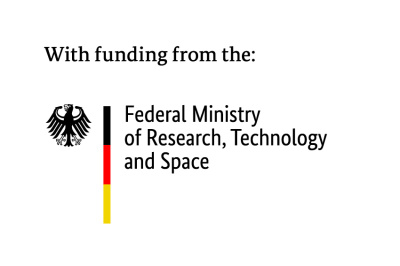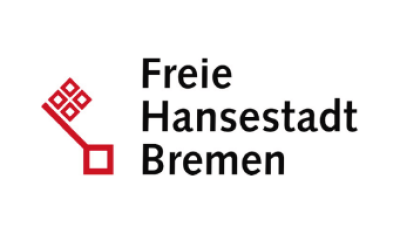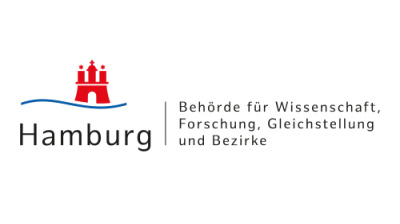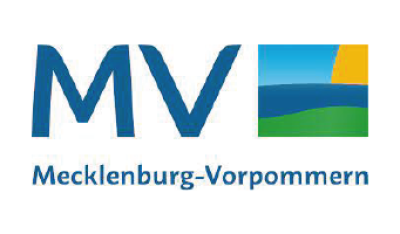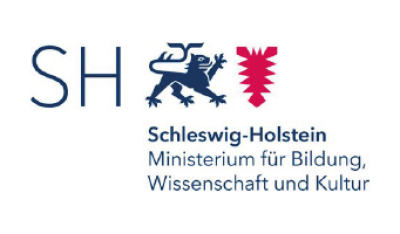Research for nature conservation
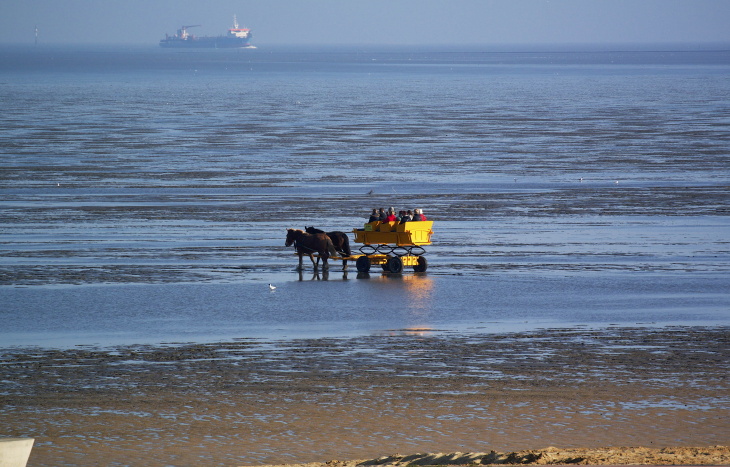
Carriage in Cuxhafen © K. Hoppe
The iSeal project investigates the impacts of climate change, fisheries and invasive species on the coastal ecosystems of the Wadden Sea National Parks in Germany.
The national parks of the Lower Saxony and Schleswig-Holstein Wadden Sea are marine protected areas preserving natural biodiversity of species, processes and habitats.
Simultaneously, these areas are exposed to different anthropogenic stressors. To investigate the influences and impacts of these stressors on the environmental status of coastal ecosystems, the project iSeal “Trans- and interdisciplinary social-ecological network analysis based on long-term monitoring, experimental data and stakeholder’s assessment” investigates the effects of climate change, fisheries and invasive species in the Wadden Sea of Lower Saxony and Schleswig-Holstein.
Based on the results, iSeal will develop indicators, which can be utilized in the context of existing guidelines and marine conventions.
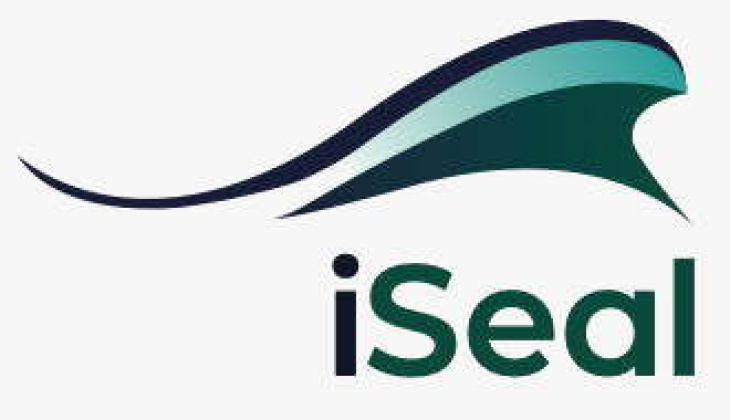
The core of the project is a holistic food web assessment using Ecological Network Analysis (ENA), which will serve as a link between the natural and social science analyses. In an innovative coupling, social and ecological data will be linked in an integrated network analysis (SENA) for the development of a community ecosystem concept.
Using a multi-method approach (genetic methods, multivariate statistics, modeling, mesocosm experiments, network and implementation potential analysis), a trans- and interdisciplinary project organization will quantify relationships between observations and stressor variables, develop new indicators and monitoring concepts, test existing indicators, identify measurable targets and thresholds, and develop recommendations for action with participating stakeholders based on these findings.
The diverse membership of the iSeal consortium in national, trilateral and international working and expert groups ensures the transfer of the results, their application and a joint development of recommendations for action and its integration into already existing programs of measures.
Project coordinator ist Dr. Ulrike Schückel, LKN/SH

